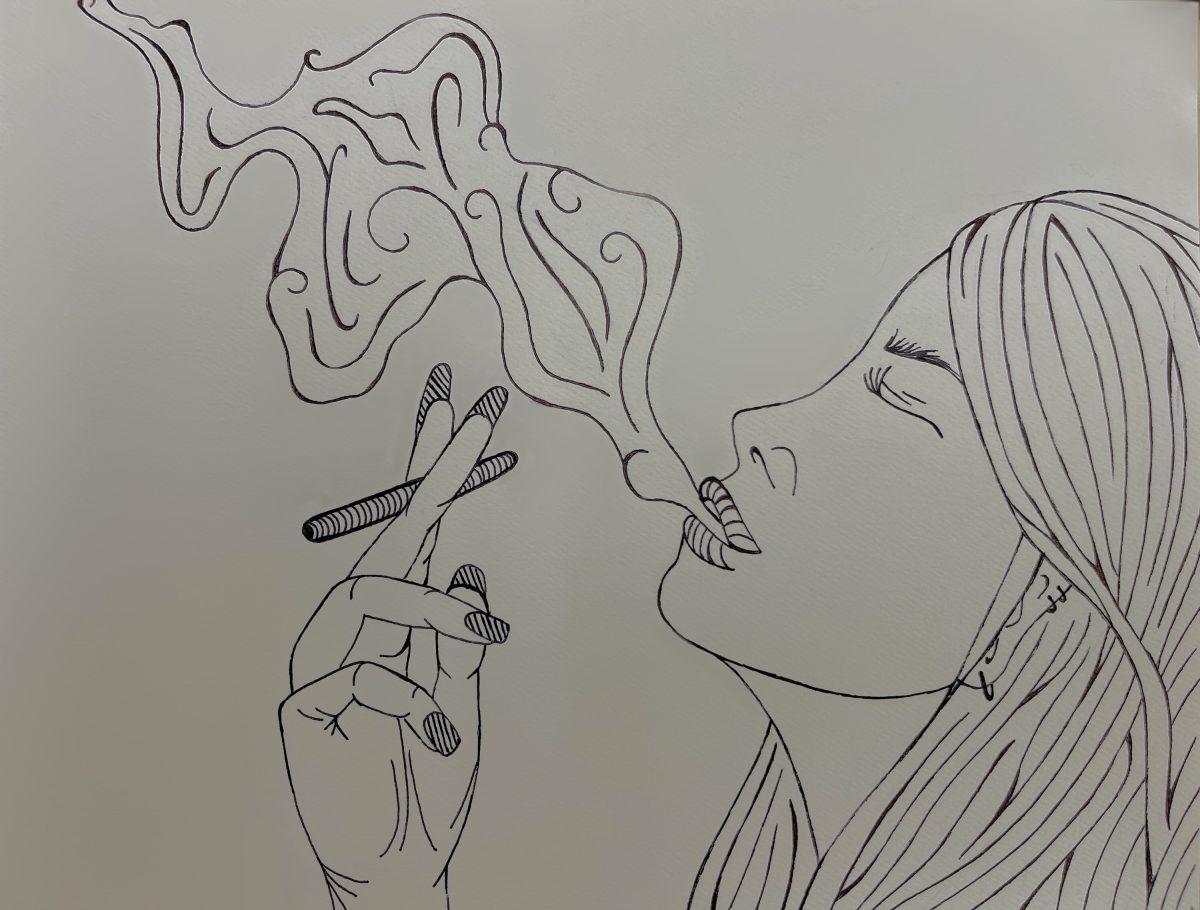By Marijke Pieters-Kwiers
As I stayed up late one night on YouTube, a video popped up in my feed: A Jay Alvarrez video to be specific. I’d heard of him and seen a few clips of his ostentatious and extravagant lifestyle on YouTube, and many would know him as the Instagram-famous boyfriend of Alexis Ren.
As I watched, I noticed the role of women throughout his video. Most of the women in Alvarrez’s videos were portrayed as nothing more than bodies and body parts—mere objects to look upon. Rarely did the video give the girl a face or a voice. As I tried to put words to this unsettling phenomenon I found a New York University scholarly article that clarified it:
“Sexual objectification occurs when a woman’s body, body parts, or sexual functions are isolated from her whole and complex being and treated as objects simply to be looked at, coveted or touched. Once sexually objectified, the worth of a woman’s body or body part is directly equated to its physical appearance or potential sexual function and it’s treated like it exists solely for others to use or consume.”
Alvarrez flaunts a wild and spontaneous lifestyle, traveling to places like Dubai, Thailand and Bali, and jet skiing, surfing and cliff jumping in shimmering turquoise waters across the South Pacific.
How does he fund his lavish travels and lifestyle? Well, if you watch closely throughout his videos, Alvarrez promotes big-name companies, like Coke, Giorgio Armani and Ralph Lauren. Essentially, Alvarrez gets paid to sell his flashy lifestyle along with his sexist portrayal of women’s bodies. If anything sells to teens, it’s sex and danger. Teens glorify and idolize Alvarrez, aspiring to have a similar lifestyle. Who doesn’t want to travel and jet ski in Tahiti? However, the message he is sending to his audiences about women’s bodies is highly toxic. The way Alvarrez sexually objectifies women in his videos plays into a patriarchal culture where women are dehumanized and valued only by their appearance.
Sexual objectification is not only a way to dehumanize women, but it’s also detrimental to women’s mental health. Women and young girls see these objectifying images and videos and internalize the message that their worth only comes from the appearance of their bodies and body parts. This internalized oppression has been linked to mental health issues, such as eating disorders, depression and body shaming. Sexually objectified women are also dehumanized by others, and seen as objects for consumption, and less worthy of empathy by both men and women. Furthermore, the sexual objectification of women has perpetuated rape culture and sexual harassment.
Everyone craves that perfect Instagram-worthy lifestyle, but hardly anyone ever stops to critique it. In our ever-flourishing world of social media, users are inundated with so many different messages, not all of them healthy. In writing this, I encourage users to be aware and critical of what messages and “ideals” they are receiving and aspiring to.





































